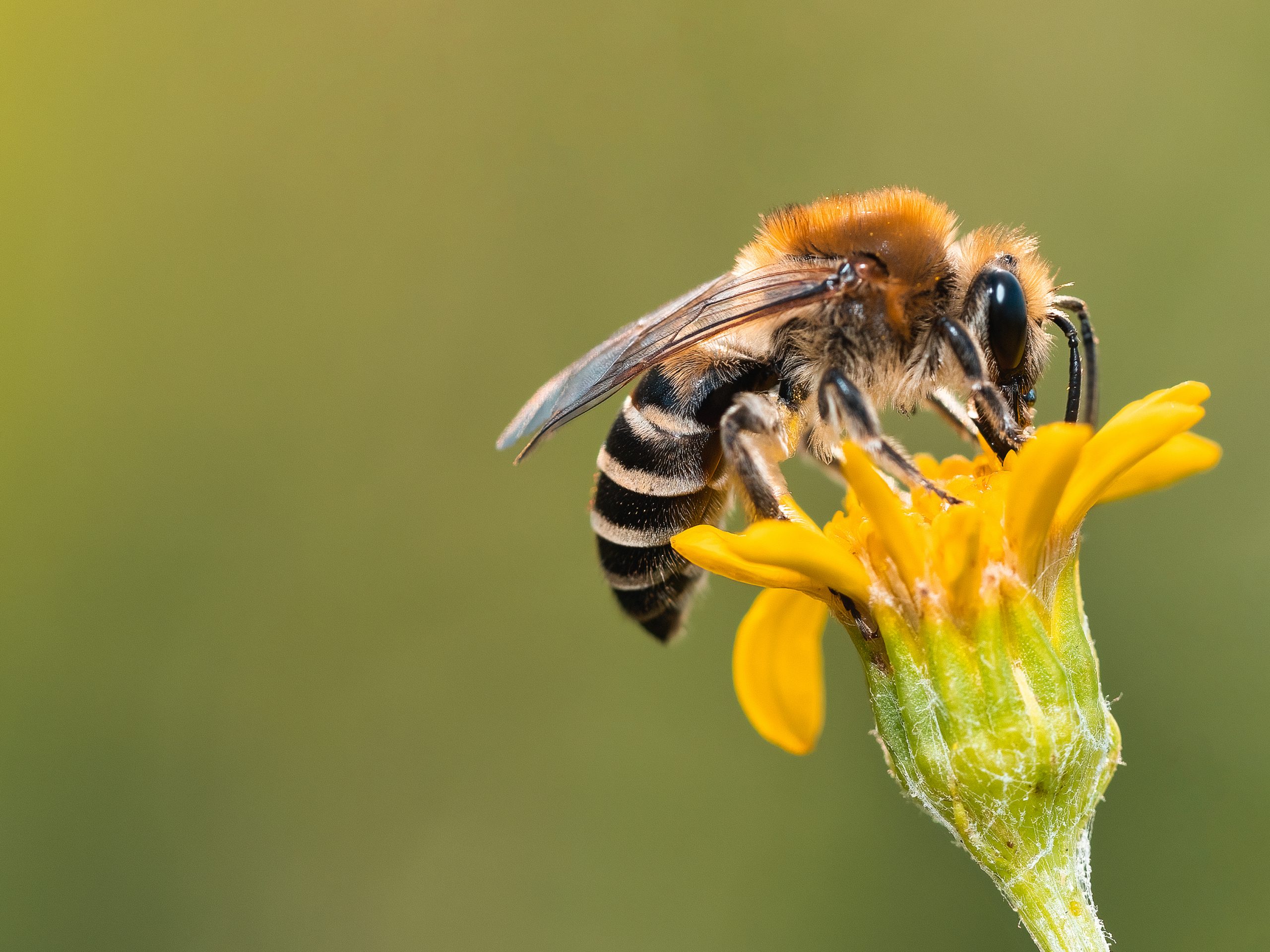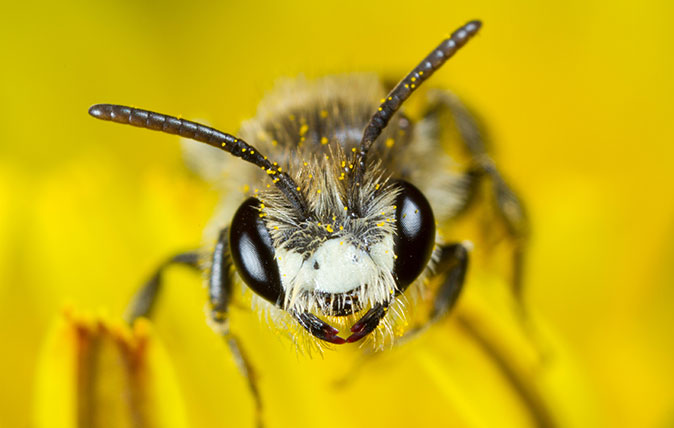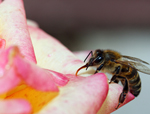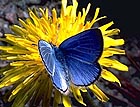The vegan farce that is 'bee-free' honey will spell disaster for bees, farmers and all of us
Our columnist Agromenes ridicules the notion the bee-free honey is a kindness to bees.


Exquisite houses, the beauty of Nature, and how to get the most from your life, straight to your inbox.
You are now subscribed
Your newsletter sign-up was successful
People in Britain are eating less bread. Last year, sales were down by more than 4% and prices went up by more than 16%. That’s bad news for the bakers, but it is also very bad news for those who produce jam and other spreads. Cutting down on toast means customers cut down on jam and marmalade, which have lost nearly 5% of their market share. For soft-fruit growers, this is a serious blow, exacerbated by the huge increase in their costs.
However, the one bright spot in the market is the growth in honey. Beekeepers are benefiting from the UK market’s growth, which follows the renewed interest that’s arisen in the US. There’s no single cause for this uplift, but at its heart is the increasing desire of so many to eat more naturally. They therefore seek alternatives to highly refined sugar. The natural sweetness of honey fits that bill.
Not for everybody, however. The good news for beekeepers has spurred the vegan lobby into attacking honey eaters. You’d have thought they would be pleased to eat a product that doesn’t involve animals, farming or eating anything cuddly.
If ever there were a product to which the word ‘natural’ could be applied, it’s honey. Human beings have been eating it for as long as we know. Honey is found in the tombs of the Pharaohs, in excavations in Ancient Greece and was the sweet staple of the civilised world until we learned about sugar.
It is the honey bee, out of the hundreds of different kinds of bees, that produces the golden nectar and pollinates the crops at the same time. They play an important part in agriculture and without them farmers’ yields would be much reduced.
Indeed, the Government’s concern to reverse the decline in biodiversity is partially driven by the fact that recovering the trees, bushes and plants that once populated our countryside means that we also recover the pollinators upon which farm production depends.
"If we are to repair the damage we have done to our planet, we need more beekeepers, not fewer"
What, then, is the whinge? No one is harming the bees. They’re not kept captive. They do what they do naturally, but more comfortably because, in order to collect the honey, humans have provided hives that are designed to be more comfortable than swarming in trees.
Exquisite houses, the beauty of Nature, and how to get the most from your life, straight to your inbox.
Beekeepers place those hives close to the source of nectar so the bees can fly shorter journeys to produce the honey. It’s hard to see what could possibly be wrong with this partnership that has characterised human behaviour for millennia.
Despite this, the dogmatists retort that, as bees are bred and kept for the whole purpose of producing honey, it is a form of animal exploitation. What an ignorant and laughable contention. Human beings have a crucial role in the chain through which the natural world works. In fact, if we are to repair the damage we have done to our planet by not understanding that role, we need more beekeepers, not fewer.
Pollination is a vital part of recovering our ability to feed people in a world increasingly threatened by food insecurity. That’s why there’s a battle to ban neonicotinoids. These chemicals kill bees. The vegans would kill them even more certainly by stopping the use of their honey and replacing it with the artificial concoctions that are advertised as bee-less honey.
Bee-less honey means fewer bees. Eating real honey means more bees, better pollination and higher yields. Fake honey provides none of these benefits and is the product of an ill-founded, urban attitude to the way the natural world works. It deserves to be ridiculed.

Credit: Alamy
Curious Questions: Are bees really busy?
We've all used the phrase 'busy as a bee' – but is it justified? Or are bees just as liable

Scottish islands to become first honeybee reserve in Britain
A new government order will protect Black Bee colonies in Colonsay and Oronsay

How to attract the birds and the bees
Fancy a bit of twitching in your own back garden? Check out our guide to attracting wildlife into your green
Country Life is unlike any other magazine: the only glossy weekly on the newsstand and the only magazine that has been guest-edited by His Majesty The King not once, but twice. It is a celebration of modern rural life and all its diverse joys and pleasures — that was first published in Queen Victoria's Diamond Jubilee year. Our eclectic mixture of witty and informative content — from the most up-to-date property news and commentary and a coveted glimpse inside some of the UK's best houses and gardens, to gardening, the arts and interior design, written by experts in their field — still cannot be found in print or online, anywhere else.
